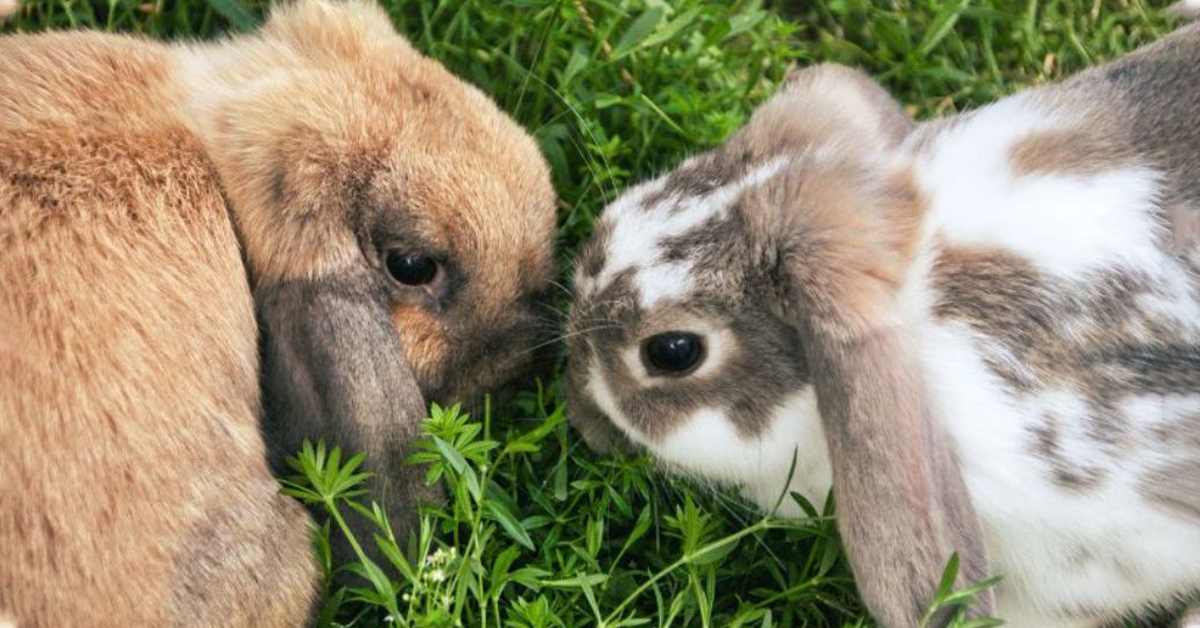When dealing with aggressive rabbits, remain calm and avoid sudden movements. Use positive reinforcement, provide enough space, and consult with a veterinarian for further guidance on handling their behavior.
Rabbits are wonderful pets in an ideal world—soft, friendly, and playful companions. However, generating a loving environment is necessary for them to show their best traits. If not concerned properly, rabbits can sometimes act aggressively. Hormones play an important role in this. If your rabbit isn’t scattered or spayed, aggressiveness is more likely. But don’t worry—here are some beneficial tips for dealing with aggressive rabbits.
1. Spay or Neuter (Aggressive Rabbits)
As we discussed, aggression in rabbits is normal in rabbits that are not neutered/spayed. Vaguely, rabbits can become driven by their natural hormones and have raised levels of aggression, mostly toward other rabbits. Males get very territorial, marking their area with their urine, and even biting or sometimes attacking other rabbits and you. Females can also be aggressive when not spayed, so don’t assume your fluffy girl won’t scratch or bite. It’s clear that spaying and neutering are important for reducing aggression, but it also has other benefits, such as significantly lowering the risk of serious health issues like cancer.
2. Look for a Source of Pain
As we discussed, it’s normal for rabbits that aren’t neutered or spayed to be aggressive. This is because vague rabbits let natural hormones take the lead, which can lead to high levels of aggression against other rabbits. Males may become very territorial; mark areas by sprinkling urine, or bite/attack other rabbits and sometimes you.
3. Socialize and Connect with Your Pet Rabbit
Some rabbits that were not as expected may mix to become forceful when you want to handle them. This is usually because of fear. Rabbits are prey animals in general, and will often fear most things. Before rushing to pick them up and cuddle them, take time to bond with each other and slowly mix. Take baby steps and constantly increase the level of interaction. As your pet becomes familiar with you, handling will not become a problem, and therefore aggression due to fear will not be a problem either.

4. Reduce the Number of your Pet Rabbits
At times, animosity in rabbits can result from basic congestion. Rabbits, particularly males, will get territorial, some of the time even after neutering. If you have various rabbits generally having similar space, battles, quarreling, and hostility can become common. Females also can be aggressive, particularly if nursing their young. Try and limit the number of pet rabbits you will have in advance—at anything more than three or four, it really must be considered an impractical amount to properly manage. Shortly after quarreling begins, try housing one rabbit in a separate room, furnishing them with plenty of contact with you and visits with each other.
Related: The 10 Best Pet Rabbits for Children
5. Find a Company for your Pet Rabbit
Again, some rabbits will not do well as completely solitary animals for the same reason. If you ignore them, spend too much time at work, or are away frequently, your pet rabbit may develop strange behavior issues. This is due to depression and loss of interaction. Aggression is one of those issues, as is anxiety. Each creature is social and will want love and companionship—in whatever form it’s sold as. You, as an owner, are that presence, and if you aren’t around enough for your pet to be happy, then maybe consider getting them a rabbit companion they can play and hang out with while you’re out working.

